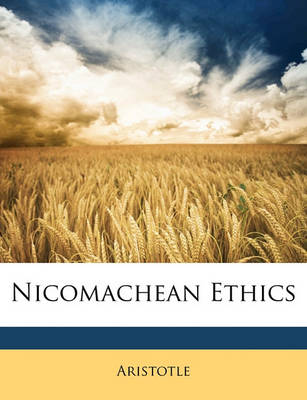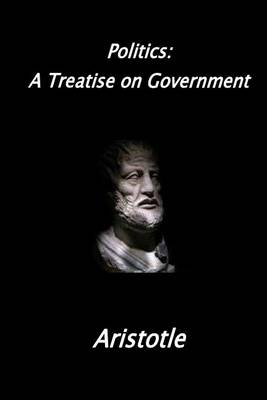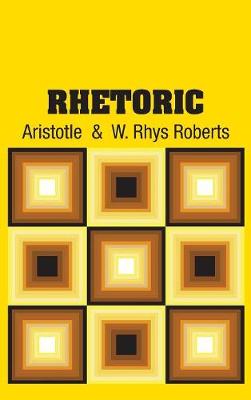Dover Thrift Editions
4 total works
Aristotle's "Nicomachean Ethics" is considered to be one of the most important treatises on ethics ever written. In an incredibly detailed study of virtue and vice in man, Aristotle examines one of the most central themes to man, the nature of goodness itself. In Aristotle's "Nicomachean Ethics," he asserts that virtue is essential to happiness and that man must live in accordance with the "doctrine of the mean" (the balance between excess and deficiency) to achieve such happiness.
Aristotle's Poetics is a work of transcendent importance, both for the history of literary criticism and in its own right.
In his masterful translation and accompanying notes, Dr. Else makes a special effort to achieve maximum clarity, while remaining faithful to the original. His constant aim is to provide -- for all readers -- a "way in" to Aristotle's processes of thinking about literature.
This important modern translation is made form the 1965 Oxford Classical Text edition of the Poetics by Rudolf Kassel and thus reflects the latest and most authoritative textual scholarship. Not only the translation but the valuable fund of commentary will delight anyone -- literary critic, philosopher, classicist, or general reader -- who want to learn what Aristotle really said.
In his masterful translation and accompanying notes, Dr. Else makes a special effort to achieve maximum clarity, while remaining faithful to the original. His constant aim is to provide -- for all readers -- a "way in" to Aristotle's processes of thinking about literature.
This important modern translation is made form the 1965 Oxford Classical Text edition of the Poetics by Rudolf Kassel and thus reflects the latest and most authoritative textual scholarship. Not only the translation but the valuable fund of commentary will delight anyone -- literary critic, philosopher, classicist, or general reader -- who want to learn what Aristotle really said.
Aristotle's Politics is a key document in Western political thought. In these first two books Aristotle shows his complete mastery of political theory and practice, and raises many crucial issues still with us today. In Book I he argues vigorously for a political theory based on 'nature'. By nature, man is a 'political animal', one naturally fitted for life in a polis or state. Some people, however, are natural slaves; and women are by nature subordinate to men. Acquisition and exchange are natural, but not trading for profit. In Book II he launches a sharp attack on Plato's two 'utopias', the Republic and the Laws, and also criticizes three historical states reputed to be well governed: Sparta, Crete, and Carthage. This volume contains a close translation of these two books, together with a philosophical commentary. It is well suited to the requirements of readers who do not know Greek.
Rhetoric is the counterpart of Dialectic. Both alike are concerned with such things that come, more or less, within the general ken of all men and belong to no definite science. Accordingly all men make use, more or less, of both; for, to a certain extent, all men attempt to discuss statements and to maintain them, to defend themselves, and to attack others. Ordinary people do this either at random or through practice and from acquired habit. Both ways being possible, the subject can plainly be handled systematically, for it is possible to inquire the reason why some speakers succeed through practice and others spontaneously; everyone will at once agree that such an inquiry is the function of an art.



